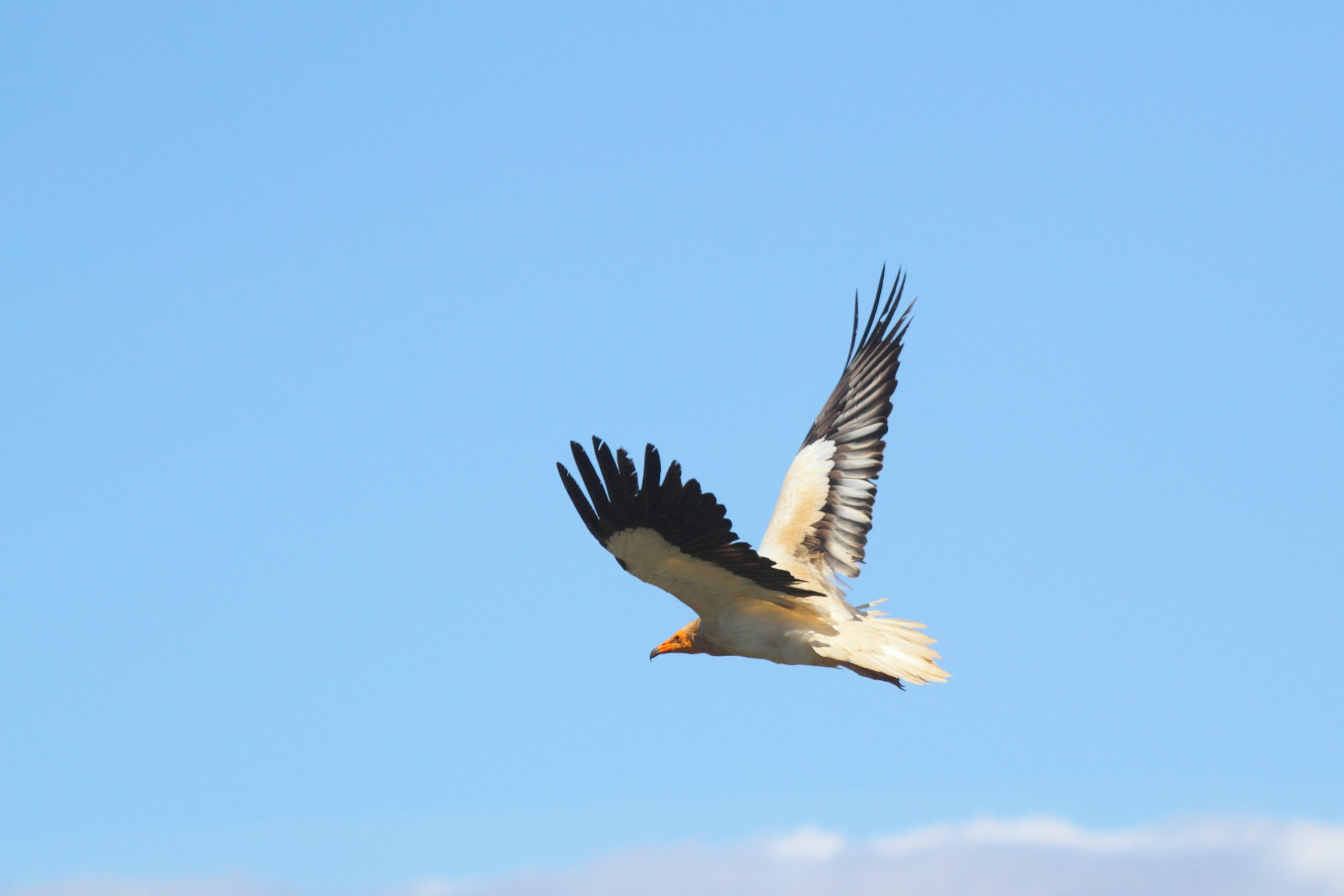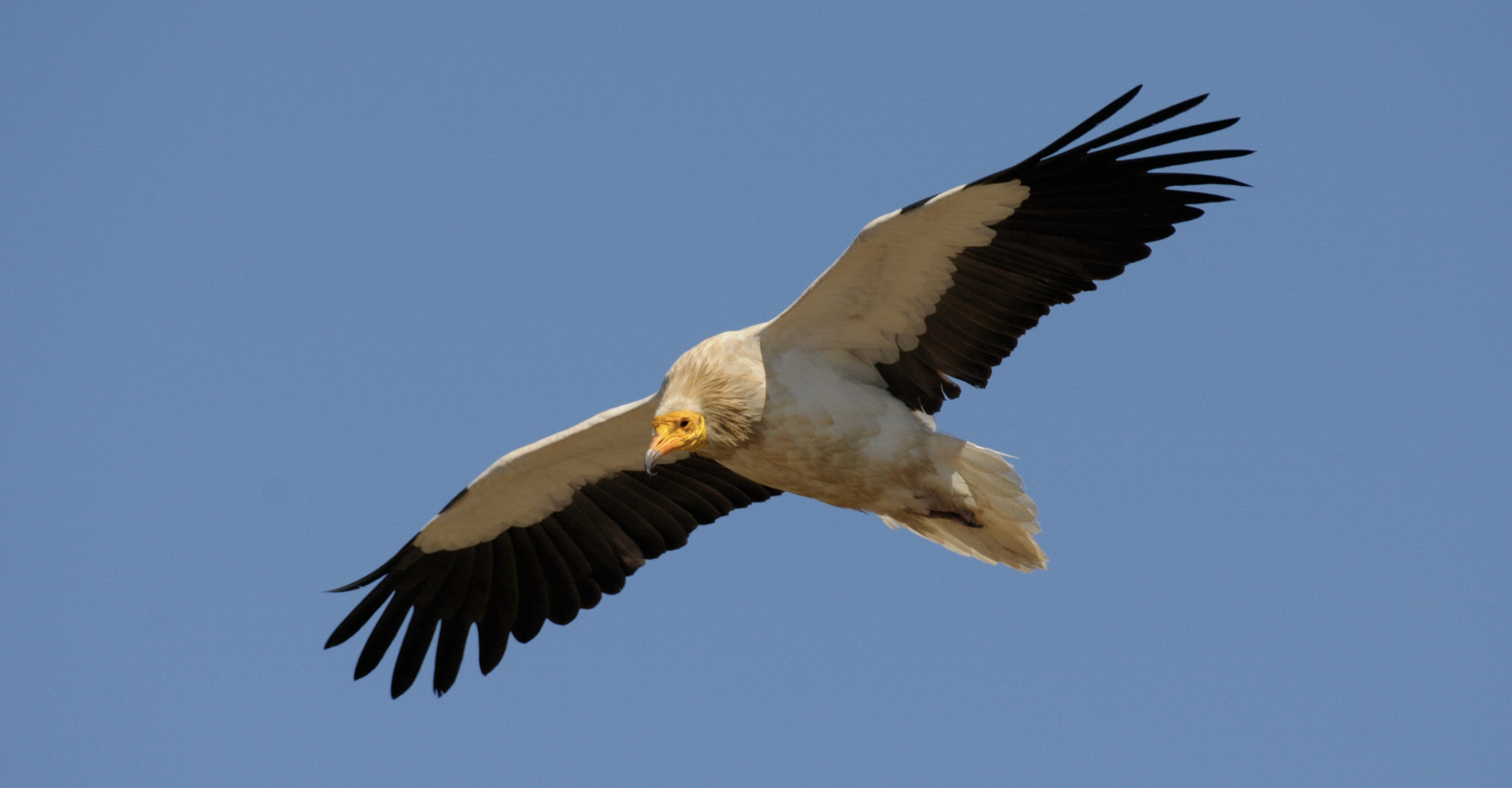
Illegal poisoning is the most critical threat to vultures in the Balkans and is preventing their comeback in the region. One of the ways we here at the Vulture Conservation Foundation are tackling this issue is through the implementation of the Balkan Anti-Poisoning Project, which is funded by the MAVA Foundation. As part of the project, we launched the Small Grants Programme to support other non-governmental organisations working on vulture conservation in the Balkan Peninsula and to facilitate the fight against poisoning in the region. The programme selected to fund a total of nine projects, dedicating a total budget of €60,000. One of these projects is the ‘Anti-Poisoning on Wildlife in Albania’, led by the Albanian Ornithological Society (AOS).
Wildlife Poisoning in Albania
At the present, wildlife poisoning is illegal in Europe, including in the Balkans. However, it is still in use by local people as a quick and affordable ‘solution’ for resolving the conflicts with predators and other wildlife. Investigating wildlife poisoning is a complex process that requires the cooperation and capacities among key stakeholders, including institutions (legislation), agencies (monitoring and survey of the territory) and research institutes (toxicological analysis, necropsies). AOS is partnering with several structures to increase capacities and to include wildlife poisoning in their programme.
Inspecting Wildlife Poisoning in Albania
After the first round of interviewing local shepherds to investigate wildlife poisoning, the team from the Albanian Ornithological Society (AOS) conducted a second field visit to investigate cases of wildlife poisoning and bring spotlight on this issue within the framework of our Balkan Anti-poisoning project. For three days over the first week of November, the AOS team and local volunteers headed south and visited 22 villages throughout the territories of Tepelena and Gjirokastra. During the visit, the team faced different opinions and approaches of the shepherds and locals on wildlife poisoning. This visit provided an overview of the situation on how local shepherds protect their livestock areas from predators (non-friendly like poison baits vs. friendly methods like dogs), how they perceive the impact of poisoning on wildlife and how the species presence has changed compared to the past.
From 70 interviews carried out during the first and second field visit, approximately 14% of the people interviewed (shepherds and locals) confirmed the use of poison baits as a method to control predators, such as: wolfs, bears, foxes, etc. Meanwhile, around 21% of the answers indicated shooting as a method to control predators. Other methods mentioned by the interviewees were: crackers, dogs and traps (this method is used mostly for bears).
The dialogue with local shepherds about the species flying over the territories in which they live provided the AOS team with very valuable information on the presence of the species in the past and now. Some of the locals were aware of the species decline over the last two decades.
Shepherd V. C. said: “The Egyptian Vulture has been present in this area, but as a result of the presence of poisonous substances and habitat destruction/loss, this species has become very rare for us.”
As the Egyptian Vulture population shrinks, its silhouette remains nevertheless in the memory of the locals living in the Egyptian Vulture former territories, and they wish to see it again. Therefore, tackling wildlife poisoning is a must.
Why is this investigation important?
Wildlife poisoning is a serious problem and needs to be investigated in detail, and conservation actions need to be carefully planned and implemented to achieve targeted results. There is no official data or records of wildlife poisoning in Albania, as poisoning wasn’t regarded as a prohibited activity according to the Albanian legislation. AOS is still gathering data and assessing the situation regarding wildlife poisoning in the country. Collaborating and partnering with shepherds, local communities, national and international institutions and partners is crucial in finding and working toward a long-term solution.
The Balkan Anti-Poisoning Project Small Grants Programme
The Balkan Anti-Poisoning Project Small Grants Programme is the first time we at the Vulture Conservation Foundation have run a grant programme, and with this we aim to reinforce national capacities within relevant governmental authorities and conservation NGOs from six countries (Albania, Bosnia and Herzegovina, Croatia, Greece, North Macedonia and Serbia) of the Balkan Peninsula. This work will support those organisations to improve the skills and capabilities in the detection and mitigation of poisoning incidents through the implementation of previously developed National Roadmaps and Strategies. More specifically, through these small grants we endeavor to secure the implementation of priority anti-poisoning actions listed in the National Anti-Poisoning Road-maps/Strategies, strengthen the capacities of relevant national governmental institutions in combating the illegal use of poison baits, improve the enforcement of relevant legislation and attract other funding opportunities for implementation of large-scale anti-poisoning projects in the region. Through the support of the MAVA Foundation, we managed to dedicate a budget of €60.000 for these small grants.
Balkan Anti-Poisoning Project

The Balkan Anti-Poisoning Project is a cross-border initiative bringing together wildlife conservation organisations, governmental agencies and other stakeholder such as; hunting associations, farmers and scientists, in six Balkan countries to tackle illegal wildlife poisoning.
Funded by the Mava Foundation we aim to secure real and continued engagement of the relevant national governmental authorities in the Balkan region against illegal wildlife poisoning and increase their capacity to counteract it and working together to take positive steps to protect vultures.
The Balkan Anti-Poisoning Project is a partnership between us here at the Vulture Conservation Foundation and the Albanian Ornithological Society-AOS, Protection and Preservation of Natural Environment in Albania-PPNEA, Ornithological Society “Naše ptice”,Association BIOM, Hellenic Ornithological Society-HOS, Macedonian Ecological Society-MES.
The Balkan Anti-Poisoning Project also contributes directly into the implementation of the Vulture Multi-Species Action Plan by carrying out anti-poisoning actions in Albania, Bosnia and Herzegovina, Croatia, Greece, North Macedonia and Serbia, and is building on our work for the last decade in the Balkans thorugh the Balkan Vulture Action Plan.








